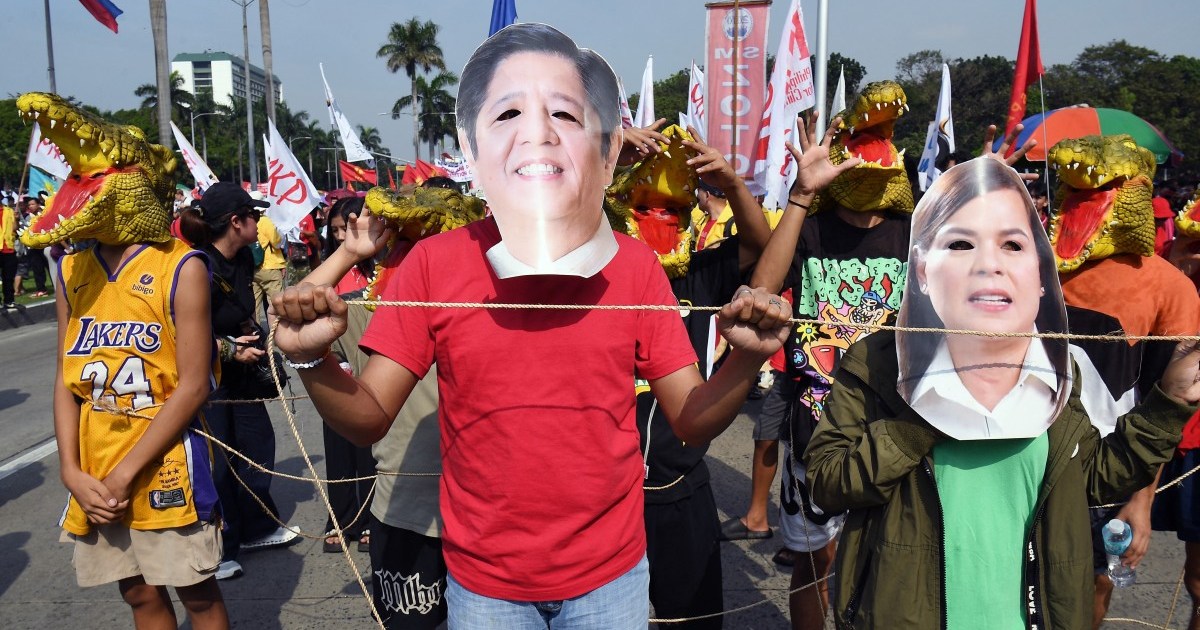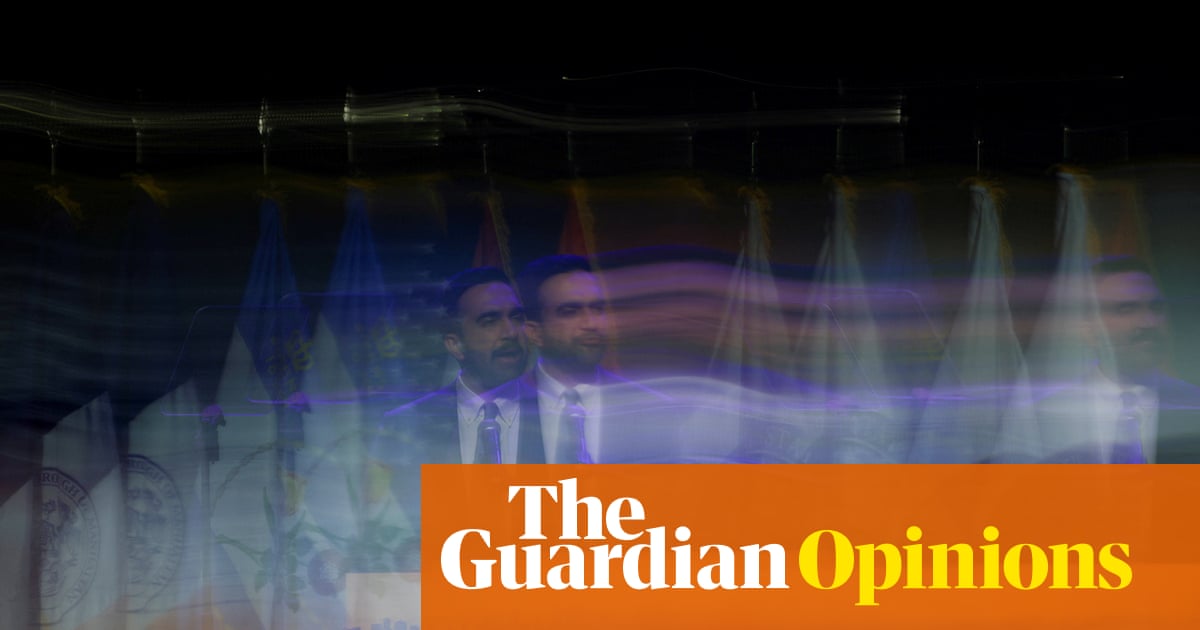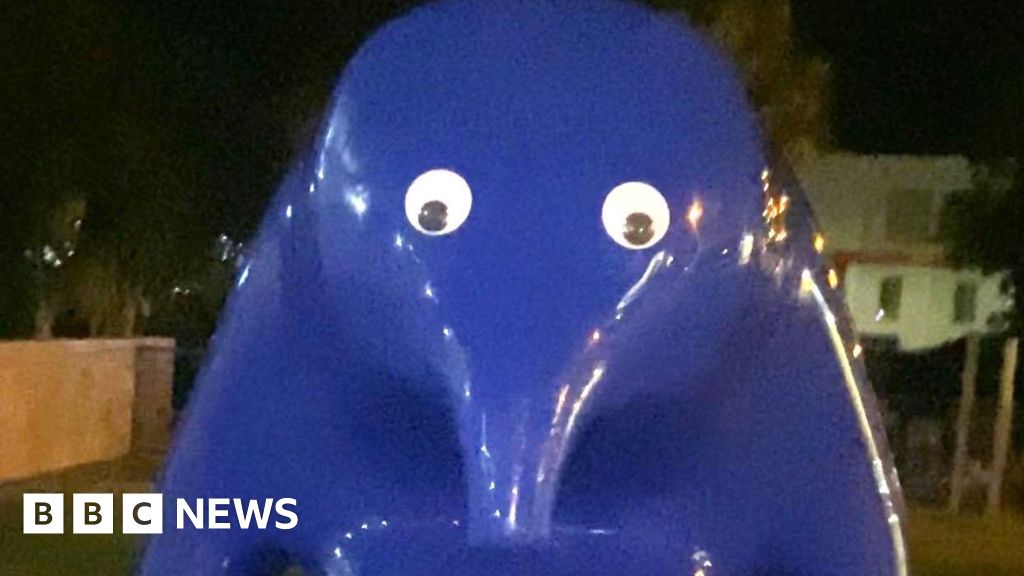If you open your window on a quiet street in central Prague, the first sound you hear is the trrrrk-trrrrk-trrrrk of carry-on suitcases trundling across paving stones, as tourists walk to their hotel or Airbnb. (The Czech capital had 8 million visitors last year.) As they trek around Prague Castle and fill the Old Town bars with cheerful chatter, these visitors – many of them probably unaware of the recent election victory of rightwing populist nationalist parties – may think this is just another normal European country. And you know what: they will be right.
Some more extensively informed newspaper commentators, reaching for an attention-grabbing generalisation, tell a different story. This is eastern Europe reverting to type, they say. After Hungary, Poland and Slovakia, now Czechia as well! The truth is more interesting – and more worrying.
Thirty six years ago, at the time of the velvet revolution in autumn 1989, people in Prague would constantly tell me they just wanted theirs to be a “normal” country. By normal, they meant like (West) Germany, France, Britain, Spain or Italy. Well, now it is. It’s just that the normality has shifted in the meantime. Back then, the prevailing western normal was liberal, internationalist, pro-European; now it’s increasingly anti-liberal, nationalist and Eurosceptic. In the Czech election campaign, the incumbent prime minister, Petr Fiala, tried to mobilise Czech voters by asking: “Do we want to move towards the east or towards the west?” . But what does that mean, when the west is the US president, Donald Trump, and the Italian prime minister, Giorgia Meloni, not to mention Nigel Farage’s Reform UK, Germany’s Alternative für Deutschland and France’s Rassemblement National, all currently leading in opinion polls?
The likely next prime minister, Andrej Babiš, leader of the election-winning Ano (Yes) party, is a billionaire businessman who has used his great wealth to make a remarkable political career. He has already been prime minister, from 2017-21. Troubled by legal proceedings for allegedly corrupt past dealings, he is not a man of deep ideological convictions but an “entrepreneurial populist” who goes where the votes are. Remind you of anybody? Italy’s Silvio Berlusconi perhaps? Or Trump.
More extreme are the smaller parties slated to be his coalition partners: the hard-right Freedom and Direct Democracy party, led by the half-Japanese Czech nationalist Tomio Okamura, and the eccentrically named Motorists for Themselves. The Motorists have proposed for foreign minister a former racing driver called Filip Turek who has a deeply unsavoury past record, including being photographed apparently making a Nazi salute out of a car window. That’s horrible; but the country’s president, Petr Pavel, has the constitutional power to block his nomination. And how abnormal is all this really when the standard of normality is toytown action man Pete Hegseth, the US defence secretary, lecturing 800 top American military commanders about the importance of doing press-ups and shaving off your beard?
France has historically been the country most given to looking down its nose at the eastern half of Europe, with what I call intra-European Orientalism. But, even given odd characters like Okamura and Turek, Czech politics are a model of democratic stability compared with French politics today. And Babiš can look like a serious leader when compared with such farcical figures as Britain’s recent prime minister Liz Truss.
If we dig a little deeper, we find further evidence of a pan-European patchwork. Thanks to remarkable economic growth since the end of communism, the Czechs now enjoy a per capita GDP which, when measured at purchasing power parity, is the 14th in the EU, ahead of Spain and Portugal. Czechia has the lowest share of population at risk of poverty or social exclusion in the EU and one of the lowest unemployment rates. On other indicators, such as tertiary education, it does less well.
Thanks to the legacy of two great presidents, Tomáš Garrigue Masaryk, the founding president of Czechoslovakia after the first world war, and Václav Havel, the founding president of the Czech Republic after the cold war, it has democratic pluralist institutions that are fairly solid by today’s western standards. They include a senate that the incoming populists will not control; an independent constitutional court and national audit office; and a still widely respected public service television and radio. These will come under threat from the populists in power, but an active civil society and the country’s president will defend them. If only we could say the same for the United States.
Of course, history matters. There are still some notable regional similarities dating from the 40 years of Soviet domination and communist rule until 1989. But increasingly, it’s the legacies of pre-communist history and pre-1914 empires that matter more. Take attitudes to the war in Ukraine. People blithely generalise about eastern Europe being more supportive of Ukraine and hostile to Russia than western Europe. In fact, it’s north-eastern European countries such as Poland and the Baltic states that display that attitude, but so do other north Europeans, such as the Finns and Swedes, who have long experience of Russian imperialism. By contrast, countries in south-eastern Europe such as Bulgaria and Serbia, with their legacies of orthodox Christianity and Ottoman rule, tend to be softer on Russia and less supportive of Ukraine. In this respect, they have more in common with other south European countries such as Greece than they do with, say, Estonia or Denmark. Again, it’s a pan-European patchwork.
Don’t get me wrong. Czechia’s right turn is a real cause for concern, particularly for Ukraine. Thanks to the initiative of President Pavel, a former Nato general, the country has led a remarkable scheme to coordinate European purchases of ammunition for Ukraine, wherever in the world that ammo can be found. Last year it sent 1.5m rounds to Kyiv and aims to supply 1.8m by the end of 2025. This is by far the largest part of Europe’s vital ammunition supplies to Ukraine. Now Babiš says someone else should take it on.
after newsletter promotion
More broadly, the likely new Czech government will strengthen the anti-liberal, populist nationalist trend across Europe and the forces in Brussels opposing the EU’s green deal, migration and asylum pact, and almost any further steps of integration. The Motorists’ backseat driver is the veteran Eurosceptic Václav Klaus. Both Ano and the Motorists belong to the Patriots for Europe group, along with Austria’s Freedom party, Spain’s Vox, Viktor Orbán’s Fidesz and Marine Le Pen’s Rassemblement National.
So let’s not get hung up on regional generalisations. Every European country has peculiar features and strong common ones. The real challenge now is how to get beyond this retrograde new normality to a new new normal, which will certainly be different from that of the 1990s and 2000s. The message to take home in our intellectual roller bags (trrrrk-trrrrk-trrrrk) from the glorious city of Masaryk and Havel is that we, across Europe and the entire western democratic world, have shared problems and must seek shared solutions.


